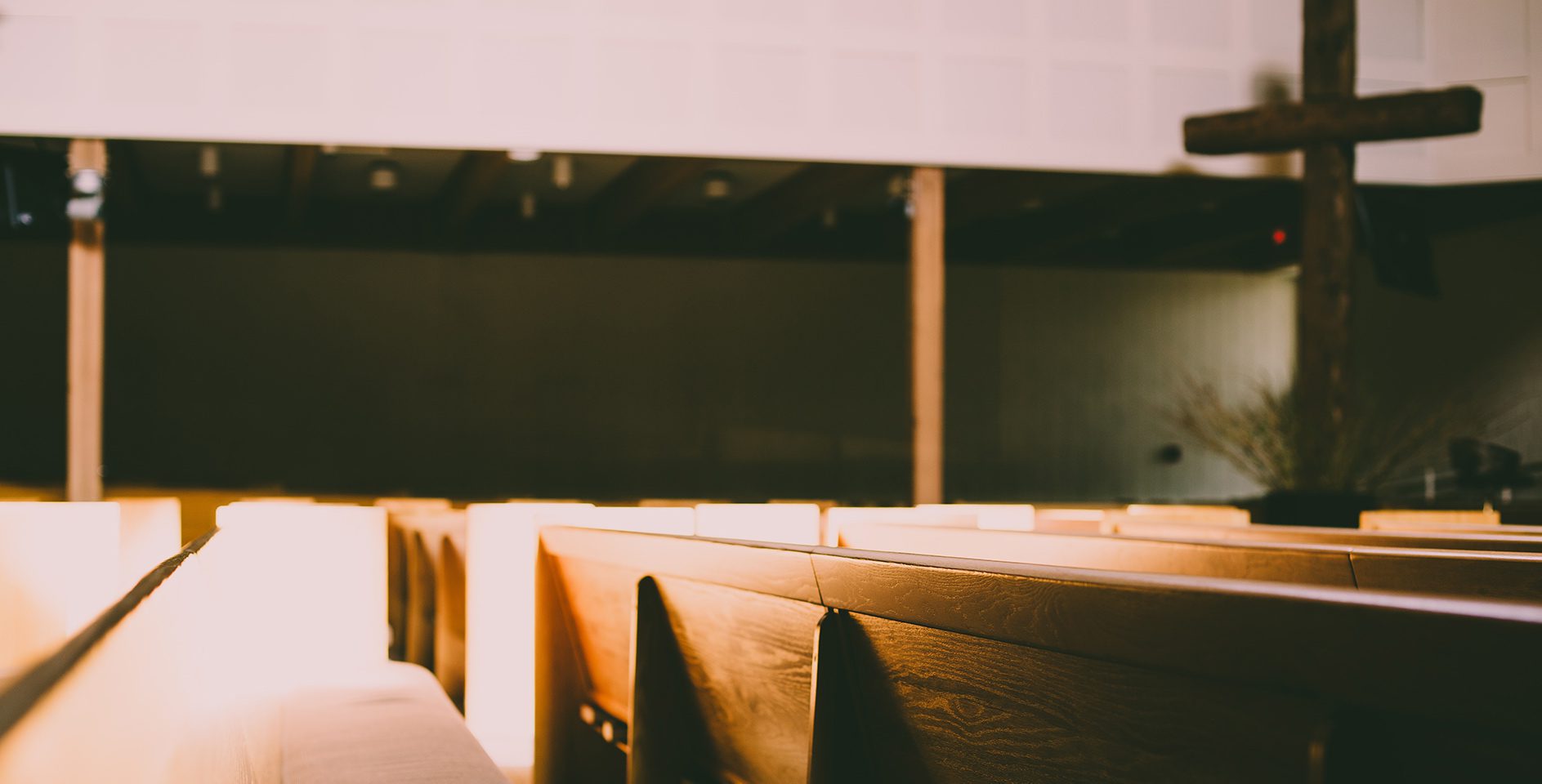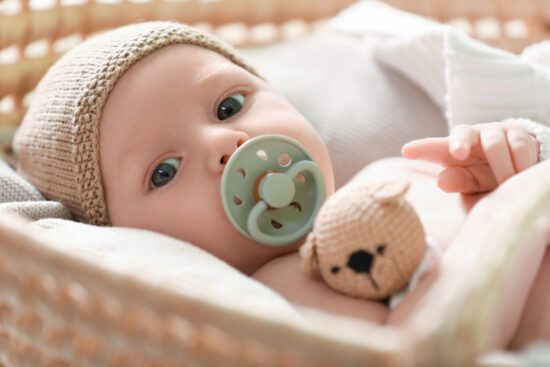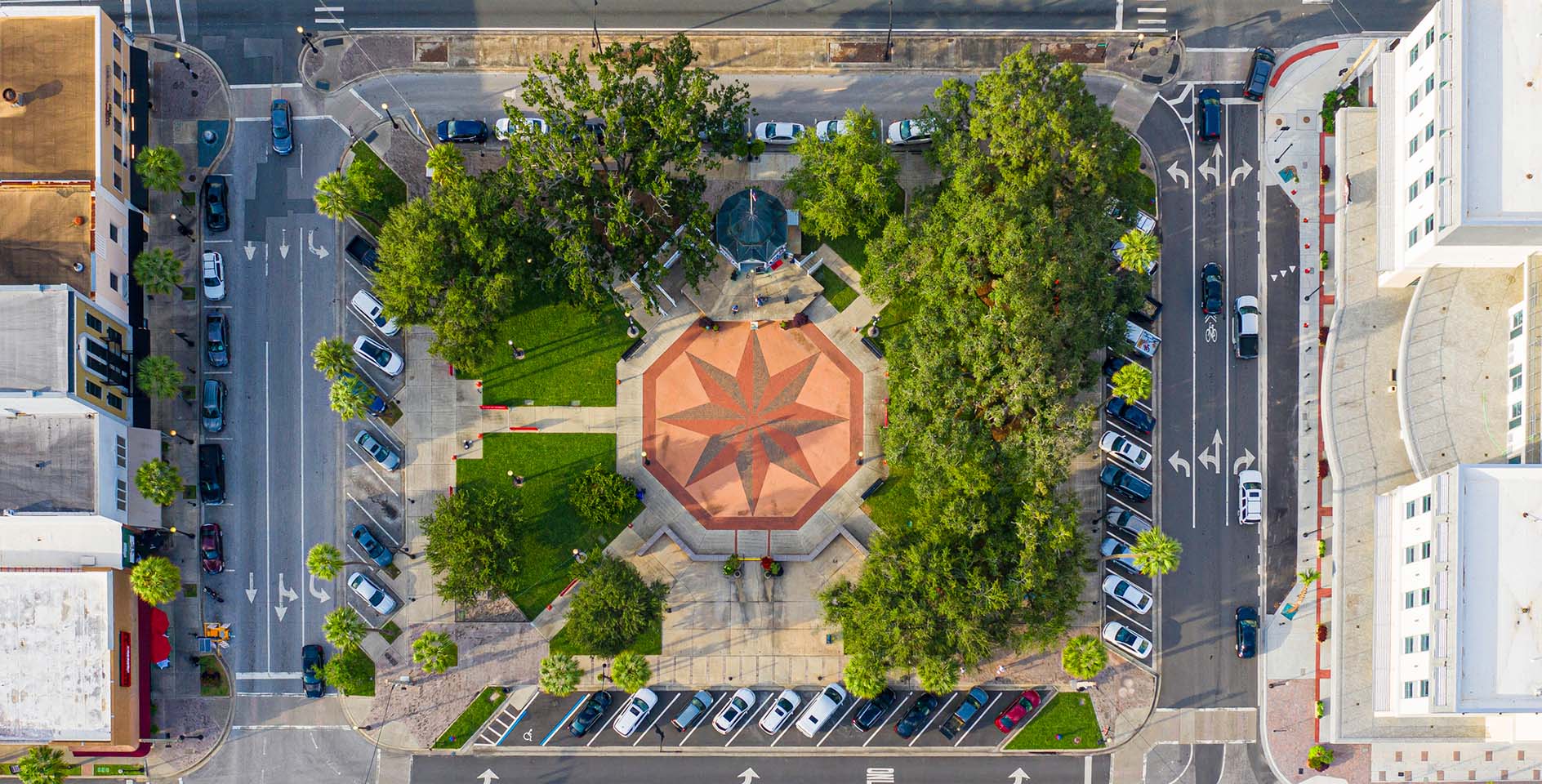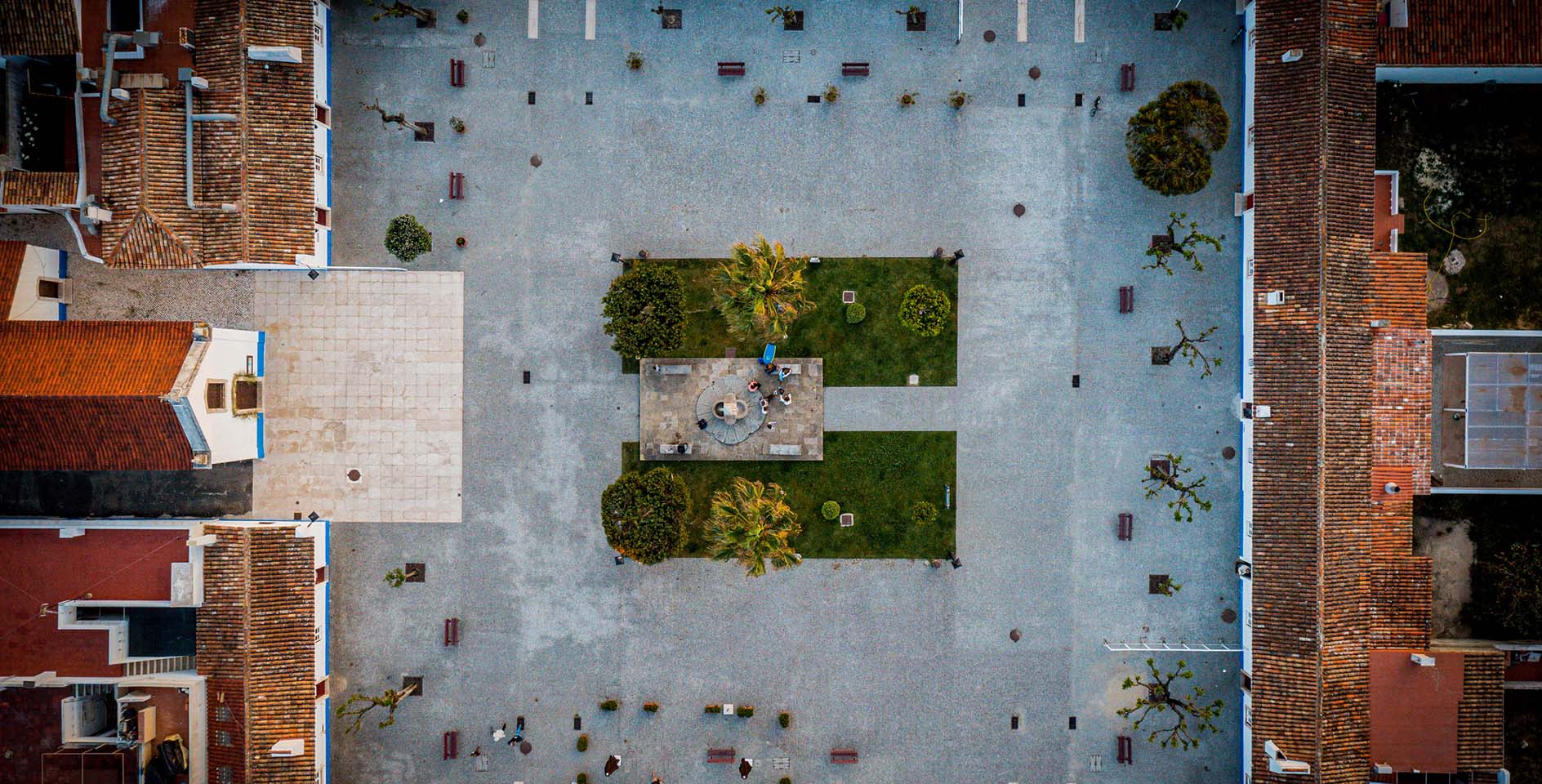Over the last few days, there have been sporadic reports involving local governments and churches that have been troubling to some Christians. Other than a tiny minority of these cases, the reality is that most churches and most state and local governments are working well together to maintain social distancing and to combat the COVID-19 pandemic in our country. The vast majority of churches recognize the legitimate authority of the governing authorities to prevent public gatherings for the sake of public health (Rom. 13). Additionally, most churches are ceasing their in-person public gatherings, having done so even before their state and local authorities mandated or advised such. This is in the best interest of everyone, both for our brothers and sisters within the church and our neighbors who are not.
At the same time, most local and state authorities have operated well and in good faith when it comes to relating to houses of worship. Most of them have carried out their necessary public obligations, while communicating clearly with religious constituents, as with others, about the known public health issues. Indeed, most state and local governments have sought to make accommodations for necessary religious activity, such as the need for chaplains to serve the dying, in ways consistent with their obligation to protect the lives of the populace.
Times of crisis sometimes lead to fraying nerves, severed relationships, and to paranoia and mistrust. The real story so far in our country is how little of this has happened between the church and the state. We should work to keep it this way, for the sake of everyone. Most Christians are not demanding to congregate in defiance of social distancing mandates. Most Christians are not suggesting that faith in Christ exempts people from vulnerability to COVID-19. In the few cases where this is happening, such groups are extreme outliers, usually associated with the various “prosperity gospel” movements. These outliers are a legitimate point of concern for everyone, but we should not act as though these outliers are representative of religious Americans in general or evangelical Christians in particular.
Except for a few instances, most governments are not acting inappropriately or using overheated rhetoric against churches. A few bad actors have indeed communicated poorly, though, causing people to believe that they will start shutting down or surveilling churches, in ways that, at least, could be perceived as overstepping the right boundaries recognized in our First Amendment.
But as I have made clear elsewhere, legitimate restrictions on public assemblies and legitimate mandates for social distancing in a time of pandemic are not a violation of religious liberty. That said, government officials should recognize that at a time of deep distrust of government in our country, rhetoric should be carefully worded and explained. And, at the same time, churches should go out of our way to lead the way in taking every measure to flatten the curve of the expanse of this deadly disease.
I hesitate to even make this statement because even doing so seems to imply that the fundamental issue in our country right now is one of hostility between churches and states or local governments, when this is not the case. Almost every church I know is in line fully with public health best practices, and are using whatever technology they can to keep connected while not congregating. And almost every state or municipality official I know is doing everything possible to protect people and to do so while creating or keeping close relationships to churches and synagogues and other houses of worship. Indeed, every conversation I have had with an elected or appointed government official has expressed gratitude for the cooperation of religious bodies. And every conversation I have had with pastors or church members has indicated a good and open cooperation with their governing officials. Indeed, most of the time these conversations include prayer and gratitude for those who are having to make hard decisions affecting life or death. That’s true in relation, of course, to our heroic doctors, nurses, scientists, hospital technicians and custodians, but also those who are serving as mayors or governors or city councilors or county supervisors.
This sort of cooperation is good. We should keep this level of close cooperation and communication. Most churches are not acting recklessly. Most political leaders are not doing any sort of anti-religious rhetorical saber-rattling. We should keep it that way. One day, I pray soon, this crisis will pass. Churches can meet again. Town councils and county boards can gavel into order again. No doubt we will have plenty to argue about with one another then. But that day is not this day. Let’s continue to obey every lawful order, and to go the extra mile to protect our neighbors from disease. And, elected officials, make sure that every communication and action is for the purpose of clarity and health, with the temperature as cool as possible while also as grave as the situation requires. This is what, for the most part, has happened so far. Let’s keep it that way.










